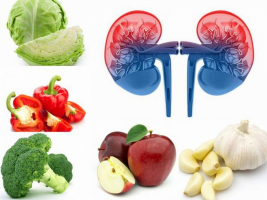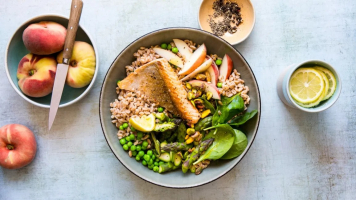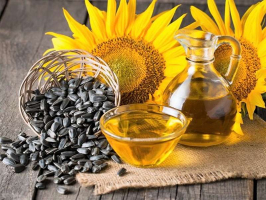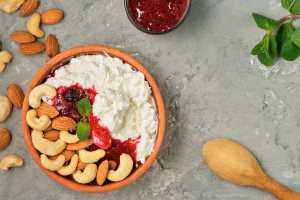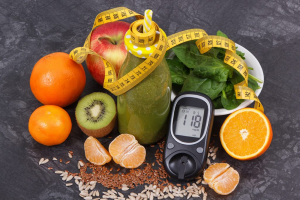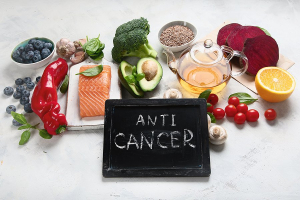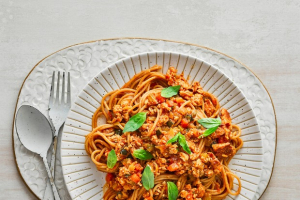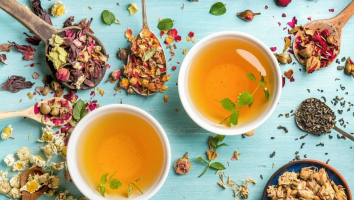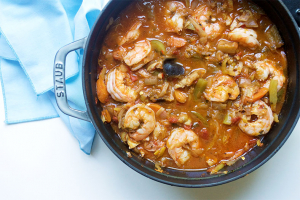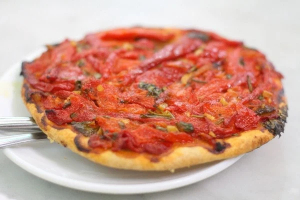Top 10 Best Foods for People with Liver Disease
If you have liver disease, your diet will be designed for your specific needs. Consult your doctor to determine what is best for you. Still, here are some ... read more...basic dietary recommendations for a healthy liver that you can refer to!
-
Coffee is one of the most beneficial beverages for liver health. Coffee consumption has been demonstrated to protect the liver from disease, even in those who already have issues with the organ.
Coffee, for example, has been proven in several trials to reduce the risk of cirrhosis, or permanent liver damage, in people with chronic liver disease. Coffee consumption may lower the chance of developing a prevalent type of liver cancer, as well as have beneficial effects on liver disease and inflammation. It's even linked to a decreased risk of death in those with chronic liver disease, with those who consume at least three cups per day getting its most benefits. These benefits seem to stem from its ability to reduce fat and collagen buildup, two of the most common criteria of liver disease. Coffee also reduces inflammation and boosts glutathione levels, an antioxidant. Free radicals, which are created naturally in the body and can damage cells, are neutralized by antioxidants.
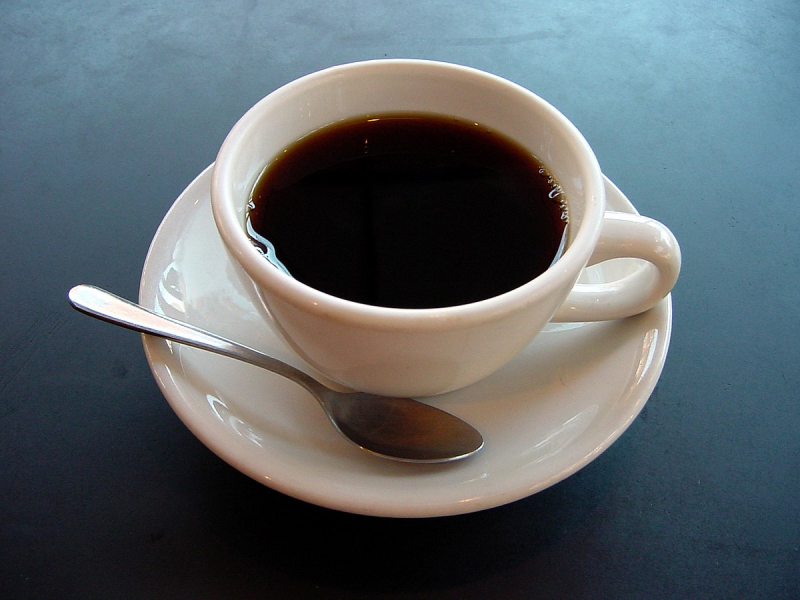
Coffee 
Coffee -
Tea is widely thought to be good for your health, but research shows it may be especially good for your liver. Drinking 10 cups of green tea per day was linked to better blood markers of liver health in Japanese research. Drinking high-antioxidant green tea for 12 weeks boosted liver enzyme levels and may also help lower oxidative stress and fat deposits in the liver, according to a smaller study including people with nonalcoholic fatty liver disease (NAFLD). Green tea drinkers were also less likely to get liver cancer, according to another study. People who drank four or more cups per day had the lowest risk.
A number of mouse and rat studies have also shown that black and green tea extracts are beneficial. In one mouse research, for example, black tea extract reversed many of the harmful effects of a high-fat diet on the liver while also improving blood markers of liver function. However, some people, particularly those with liver problems, should be cautious about using green tea supplements. This is because there have been multiple cases of liver damage related to the use of green tea extract supplements.
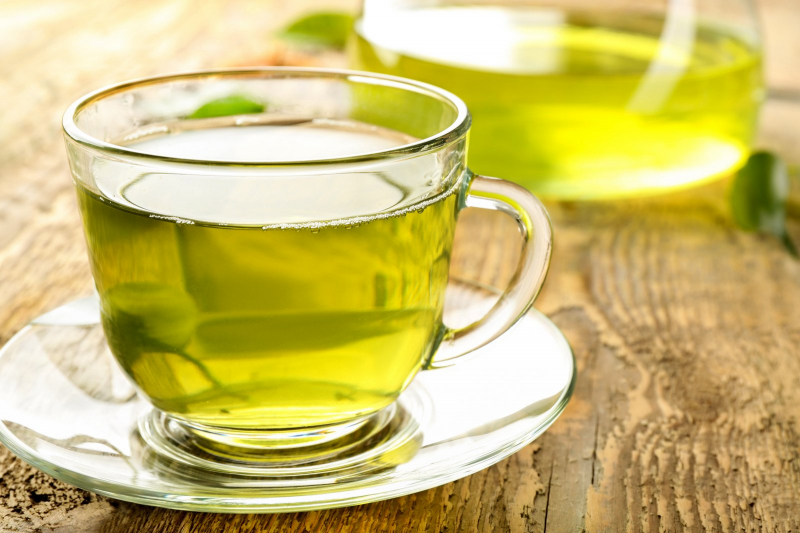
Tea 
Tea -
Grapefruit is high in antioxidants, which protect the liver naturally. Naringenin and naringin are the two primary antioxidants found in grapefruit. Both have been shown in animal studies to help protect the liver from injury. Grapefruit has been shown to have two defensive properties: it reduces inflammation and protects cells. These antioxidants have also been shown to aid in the prevention of hepatic fibrosis, a dangerous disease in which excessive connective tissue grows up in the liver. Chronic inflammation is usually the cause.
Furthermore, in mice fed a high-fat diet, naringenin reduced the amount of fat in the liver and increased the number of fat-burning enzymes, which may help prevent the accumulation of excess fat. Finally, naringin has been demonstrated to increase the ability to metabolize alcohol and counteract some of the negative effects of alcohol in rats. Recent data also suggests that grapefruit can help maintain your liver healthy by preventing damage and inflammation.

Grapefruit 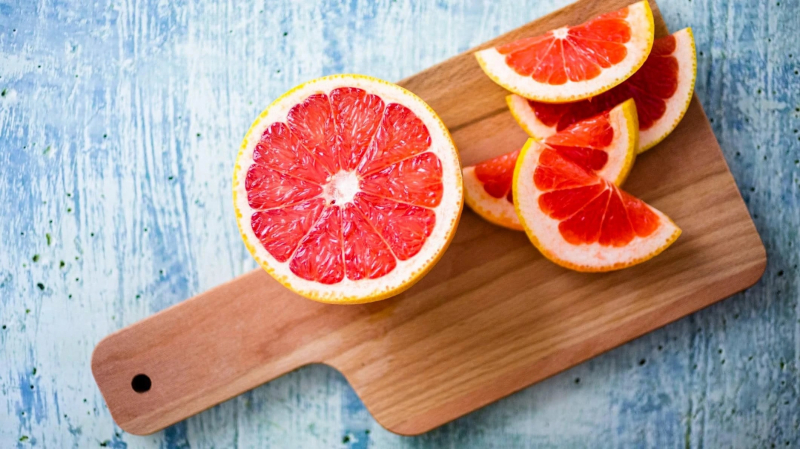
Grapefruit -
Anthocyanins, which give berries their distinctive colors, are found in both blueberries and cranberries. They've also been linked to a variety of health benefits.
Several animal studies have demonstrated that whole cranberries and blueberries, as well as their extracts or juices, can help keep the liver healthy. After 21 days of eating these fruits, the liver was protected from harm. Blueberries also improved immune cell response and antioxidant enzyme activity. Another study found that antioxidants in blueberries prevented the formation of lesions and fibrosis (the formation of scar tissue) in rats' livers. The blueberry extract was proven to inhibit the growth of human liver cancer cells in test tubes. Making these berries a regular part of your diet will ensure that your liver receives the antioxidants it needs.
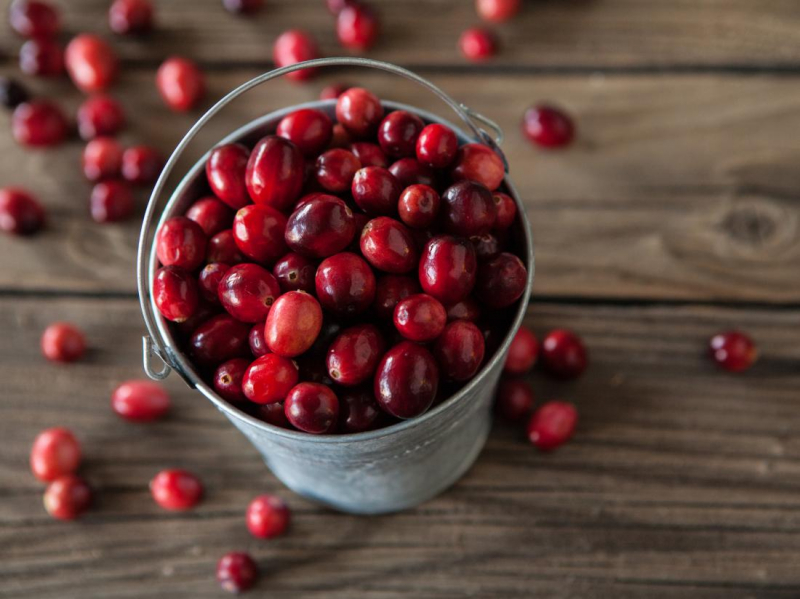
Blueberries and cranberries 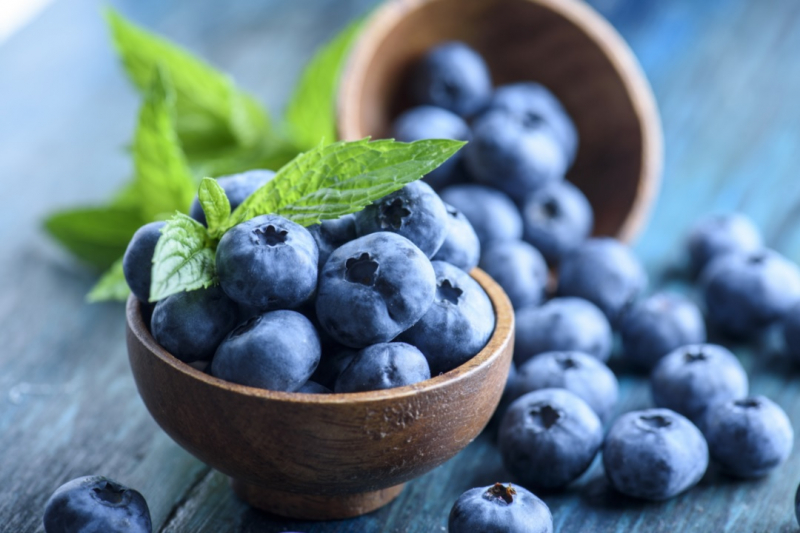
Blueberries and cranberries -
Prickly pear, scientifically known as Opuntia ficus-indica, is a member of the Cactaceae cactus family. It's been used in Mexican cuisine for a long time, and it's becoming increasingly popular in the American Southwest and beyond. Prickly pear fruit is used in cocktails, juices, jams, and other dishes, and many parts of the plant are edible. In addition to its culinary uses, prickly pear has an outstanding nutritional profile and may help improve health and protect against certain diseases.
The antioxidant compounds in prickly pear are believed to defend against inflammation and oxidative stress, both of which can harm the liver. Eating prickly pear cactus may protect against nonalcoholic fatty liver disease in obese rats by reducing oxidative stress, according to one research. Another rat study found that prickly pear juice helps prevent liver impairment induced by chronic alcohol intake by increasing antioxidant status and decreasing oxidative damage caused by alcohol. In humans who consume alcohol, prickly pear may have similar effects. In a study of 55 healthy people, consuming a cactus extract before drinking alcohol reduced hangover symptoms and blood signs of inflammation more than a placebo.
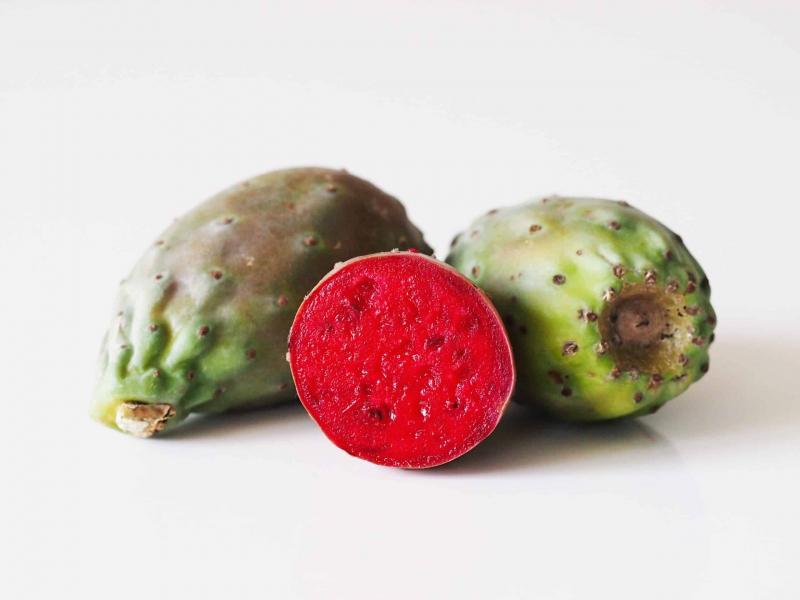
Prickly pear 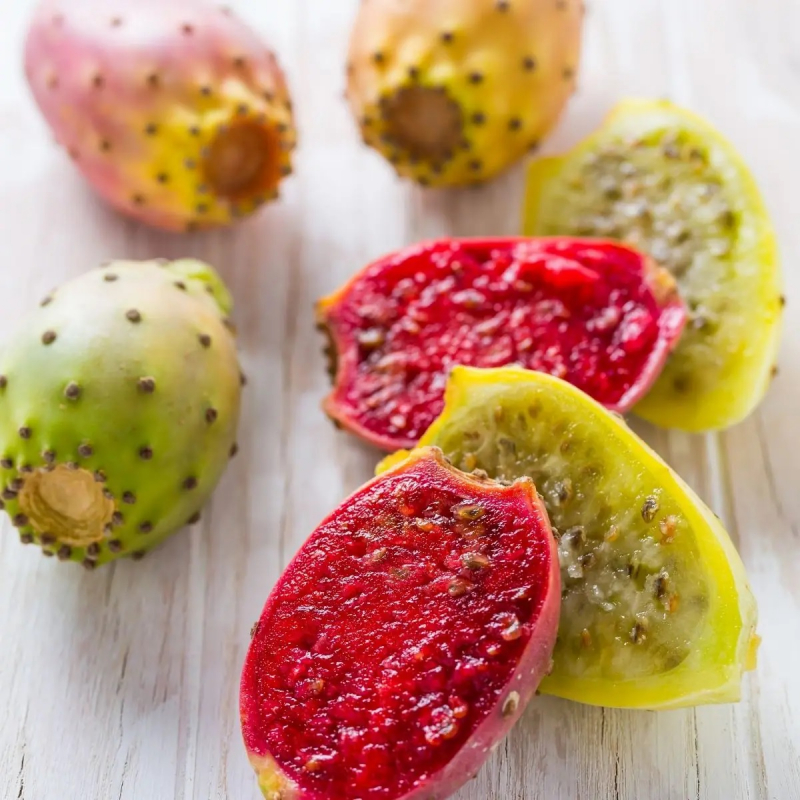
Prickly pear -
Beetroot juice contains nitrates and betalains, which may help to protect the heart and prevent oxidative damage and inflammation. It's reasonable to assume that eating beets has comparable health impacts.
Beet juice can be made at home or bought at a store or online. Beetroot juice has been demonstrated in several rat studies to help decrease oxidative damage and inflammation in the liver while also increasing natural detoxification enzymes. While animal research appears promising, no human studies have been undertaken. Other beetroot juice health benefits have been identified in animal research and validated in human studies. However, more research is needed to prove the benefits of beet juice on liver health.
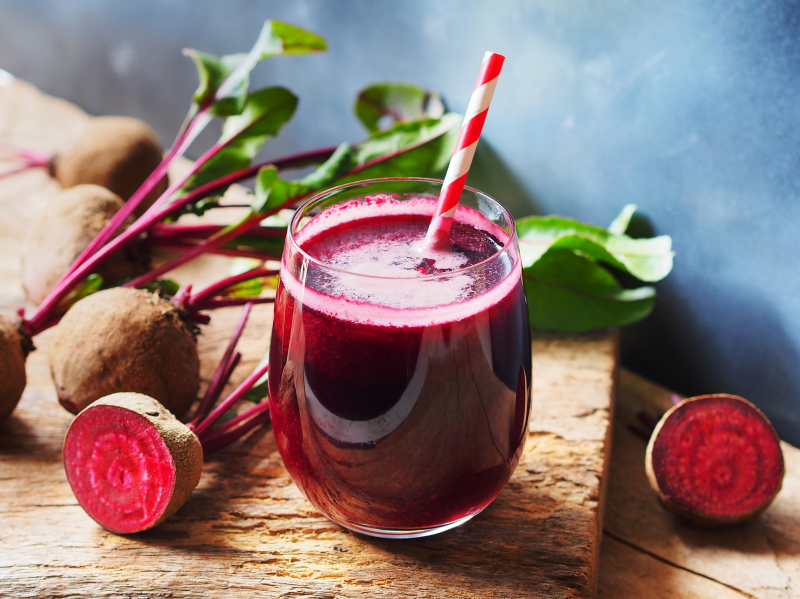
Beetroot juice 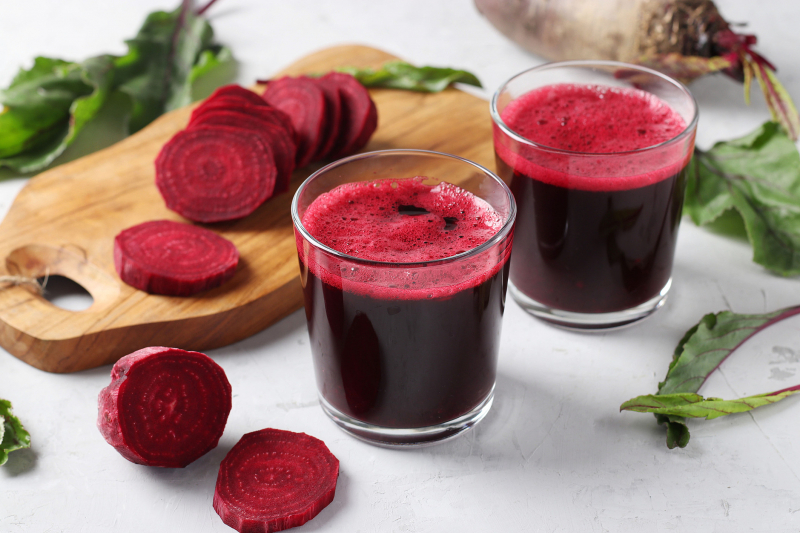
Beetroot juice -
Excess fat deposits in the liver, induced by a health condition or an unhealthy diet, cause non-alcoholic fatty liver disease. According to research, compounds found in cruciferous vegetables can help prevent it. Brussels sprouts, broccoli, and mustard greens are noted for their high fiber content and good taste. They're also high in plant compounds that are beneficial.
Brussels sprouts and broccoli sprout extract have been found in animal experiments to help increase detoxification enzyme levels and protect the liver from damage. This impact was detected in human liver cells even after Brussels sprouts were cooked, according to research. Mice fed broccoli had fewer tumors or fatty liver disease than mice on a control diet, according to a 2016 research. Human research is limited. However, cruciferous vegetables appear to be a promising food for liver health so far. To make a tasty and healthful dinner, simply roast them with garlic and lemon juice or balsamic vinegar.
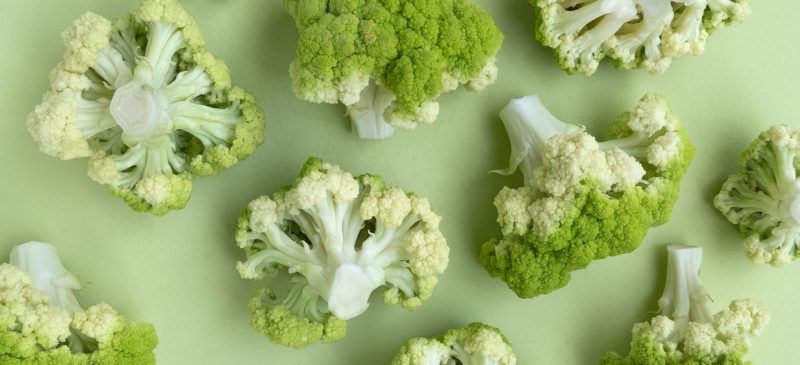
Cruciferous vegetables 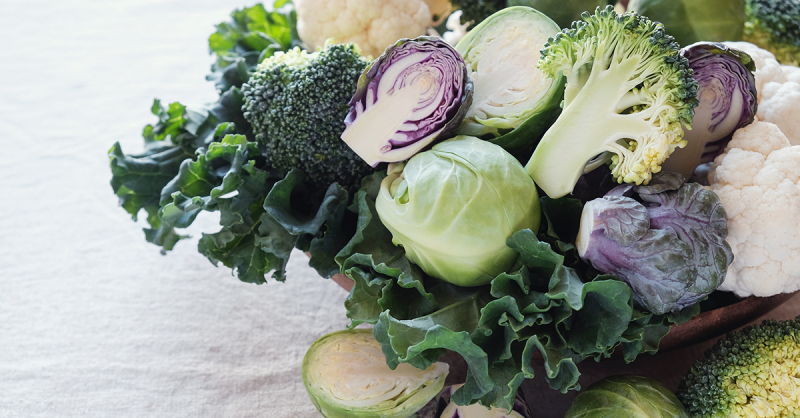
Cruciferous vegetables -
Nuts are nutrient-dense snacks that are also high in healthy fats when eaten in small amounts. Nuts, in addition to improving cardiovascular health, may also help prevent liver disease. Walnuts are one of the best nuts for avoiding fatty liver disease.
Nuts are high in lipids, vitamins, and plant compounds including the antioxidant vitamin E. This combination has a number of health benefits, particularly for the heart, but it may also benefit the liver. According to a 2019 study, eating more nuts is linked to a lower risk of nonalcoholic fatty liver disease. Men who ate more nuts and seeds had a decreased risk of developing NAFLD than men who ate fewer nuts and seeds, according to second observational research. While additional research is needed, preliminary evidence suggests that nuts are an essential dietary group for liver health.
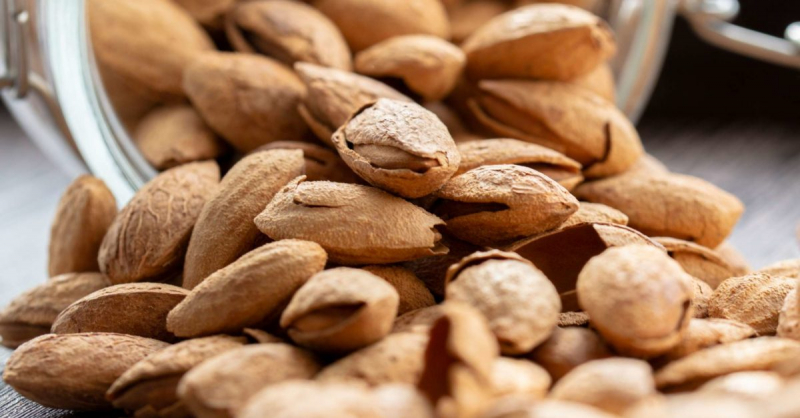
Nuts 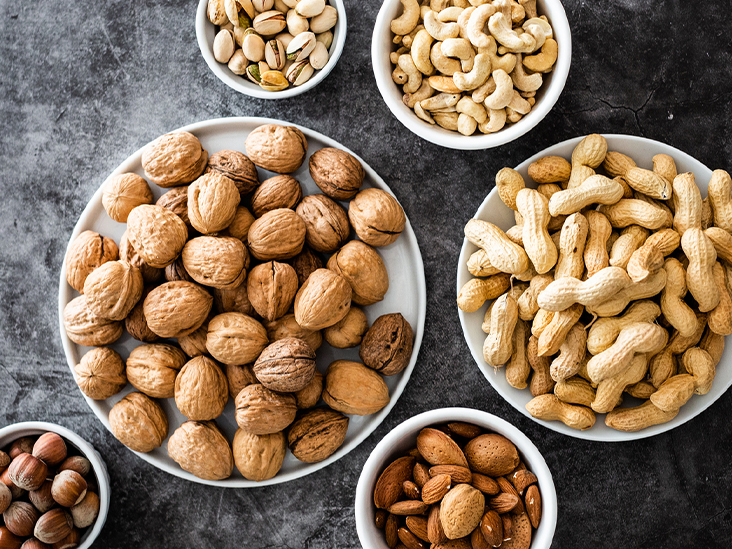
Nuts -
Omega-3 fatty acids, found in fatty fish, are healthy fats that help decrease inflammation and have been linked to a reduced risk of heart disease. In those with nonalcoholic fatty liver disease or nonalcoholic steatohepatitis, omega-3 fatty acids helped decrease liver fat and triglycerides, according to a 2016 study.
While eating omega-3-rich fatty fish appears to be beneficial to your liver, it is not the only factor to consider. The ratio of omega-3 to omega-6 fatty acids is also crucial. Most Americans consume more omega-6 fats, which are present in many plant oils than is recommended. An excessively high omega-6 to omega-3 ratio can accelerate the development of liver disease. So it’s a good idea to reduce your intake of omega-6 fats.
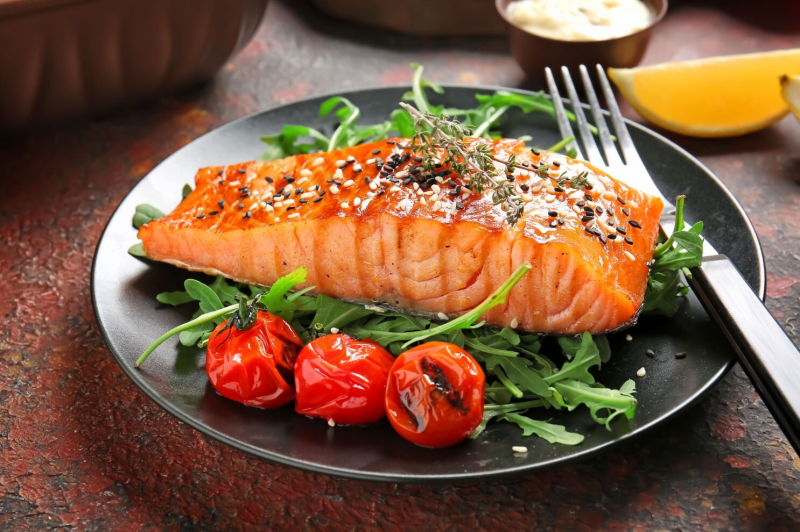
Fatty fish 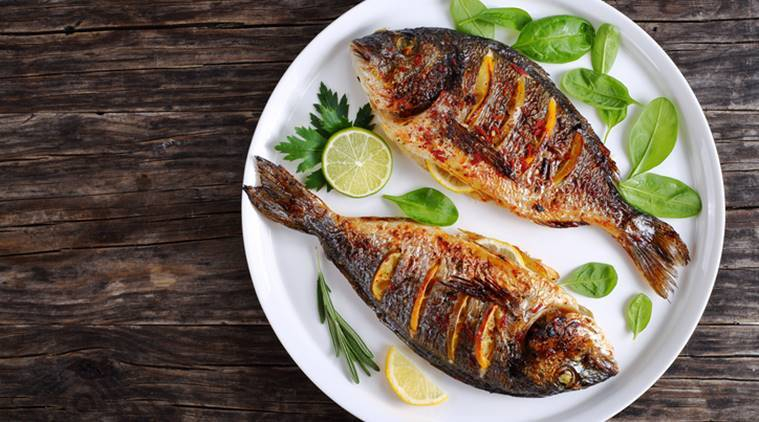
Fatty fish -
Olive oil is regarded as a healthy fat due to its numerous health benefits, including improved heart and metabolic health. It also has beneficial benefits on the liver.
A short study of 11 persons with NAFLD indicated that taking 1 teaspoon (6.5 ml) of olive oil daily reduced liver enzyme and fat levels. It also increased the levels of a protein linked to better metabolic health. In addition, the participants had decreased fat accumulation and improved liver blood flow. Several more recent studies have discovered comparable effects of olive oil consumption in people, such as reduced liver fat accumulation, increased insulin sensitivity, and decreased blood levels of liver enzymes. The first stage of liver disease includes fat accumulation in the liver. Because of its beneficial effects on liver fat and other aspects of health, olive oil is an important part of a healthy diet.
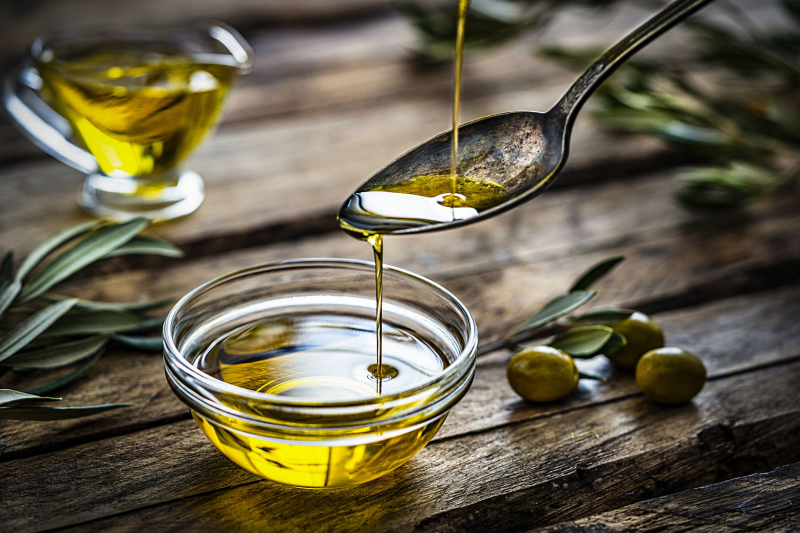
Olive oil 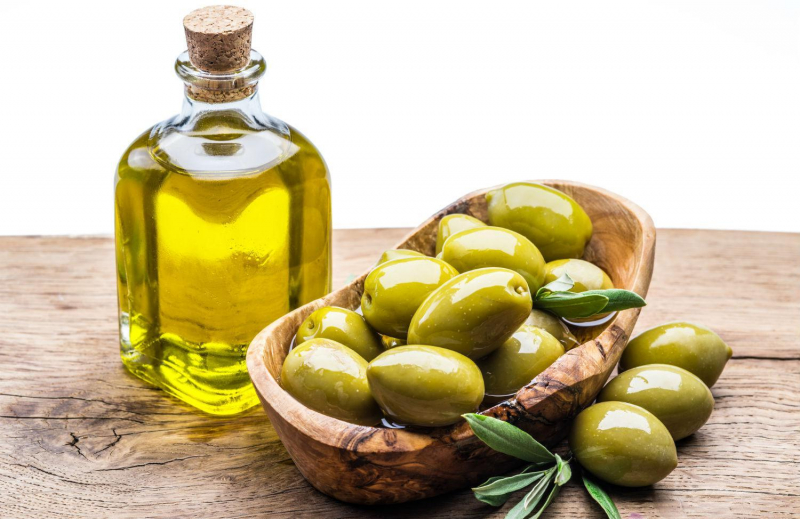
Olive oil













